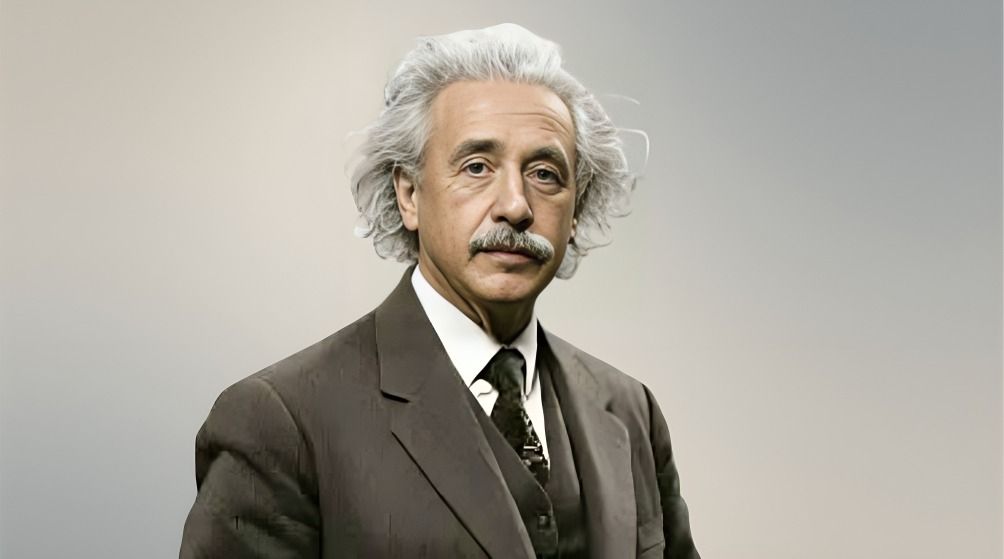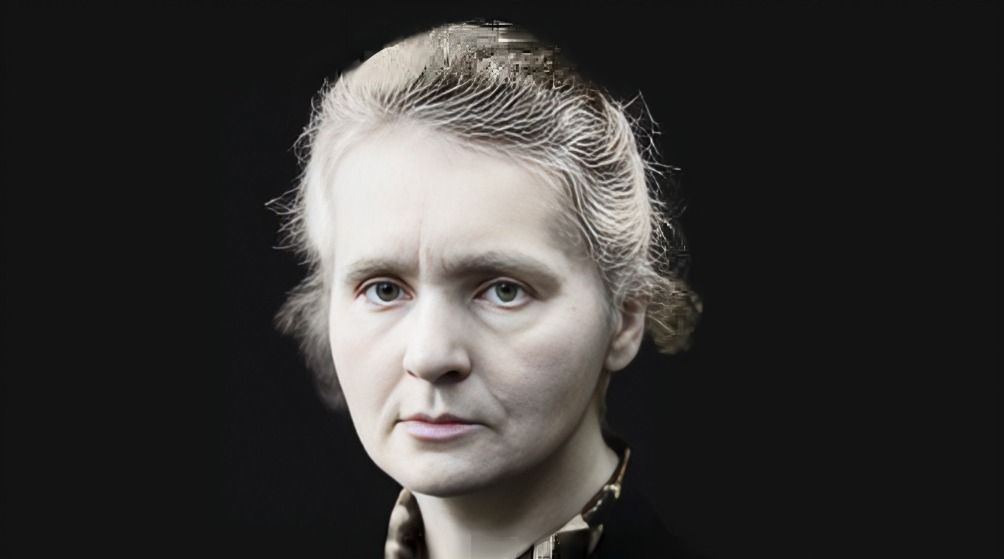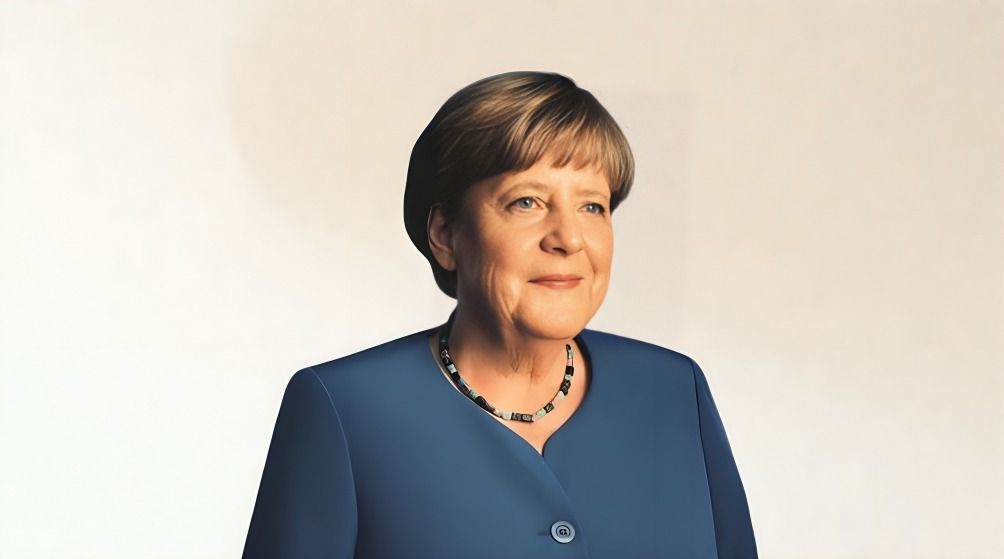
“
Angela Merkel’s remarkable journey as Europe’s influential leader is highlighted in these 20 fascinating facts. As Germany's first female Chancellor, she navigated economic crises, shaped EU policies, and fostered global cooperation. Known for her pragmatic, calm leadership, Merkel left a lasting impact on European and global politics. Join us as we explore how her decisive leadership continues to shape modern Europe.1
”
Angela Merkel was known as the "Chancellor of the People" for her down-to-earth style and ability to connect with everyday citizens, despite her powerful role in Germany and Europe.1
Merkel’s leadership during global crises, including the 2008 financial collapse and the 2015 migrant crisis, was admired for its calmness, pragmatism, and ability to maintain stability during times of uncertainty.2
Before entering politics, Merkel was a trained quantum chemist with a doctorate in physics. Her scientific approach to problem-solving shaped her methodical, rational decision-making style throughout her political career.3
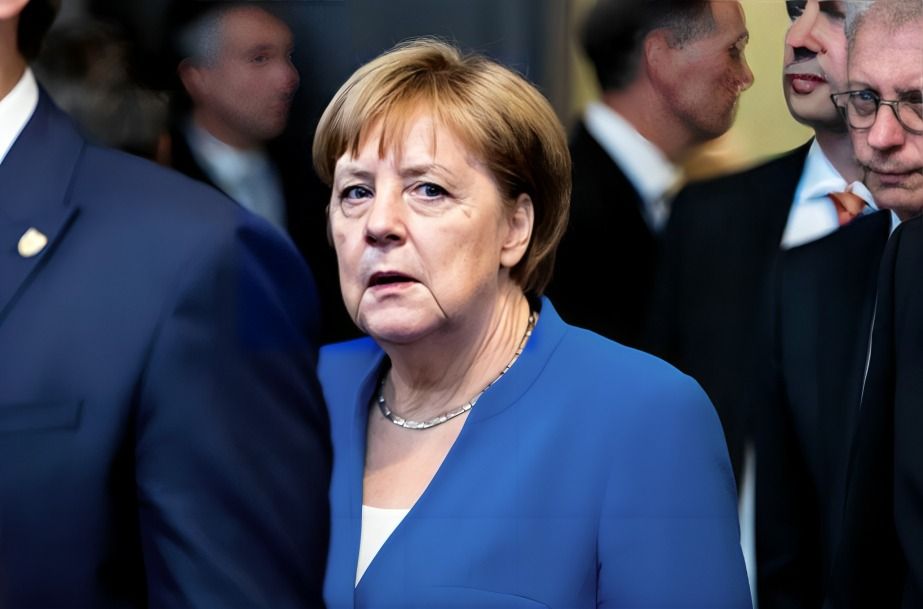
Fluent in Russian, Merkel’s linguistic skill set helped her engage directly with Russian leaders, making her one of the few Western leaders capable of communicating effectively with Vladimir Putin.
Growing up in East Germany under communist rule, Merkel’s childhood experiences in a divided country influenced her emphasis on unity and diplomacy, which defined her leadership in Germany and Europe.4
Merkel’s rise to power was unconventional. Coming from a non-political background, her political career began unexpectedly after the fall of the Berlin Wall, when she joined Germany’s first free parliament in 1990.5
Known for her diplomatic influence, Merkel played a key role in shaping European Union policies, often acting as the EU’s unspoken leader, guiding decisions and negotiations on issues like trade and security.6
Merkel was a surprising world leader, entering politics when Germany was in transition. Her calm, pragmatic approach helped her navigate complex political landscapes, earning her a spot on the global stage.7
Always a strong proponent of multilateralism, Merkel championed international cooperation on issues like free trade, climate change, and global security, fighting against rising nationalism throughout her tenure as Chancellor.8
Merkel’s fashion became iconic with her colorful, structured jackets. While modest in her appearance, the distinctive garments became a signature look, helping her stand out during global diplomatic engagements.9
Merkel played a significant role in Germany’s transition to the digital age, advocating for technological advancement. While Germany struggled with its industrial past, she pushed for digital innovation to drive economic growth.10
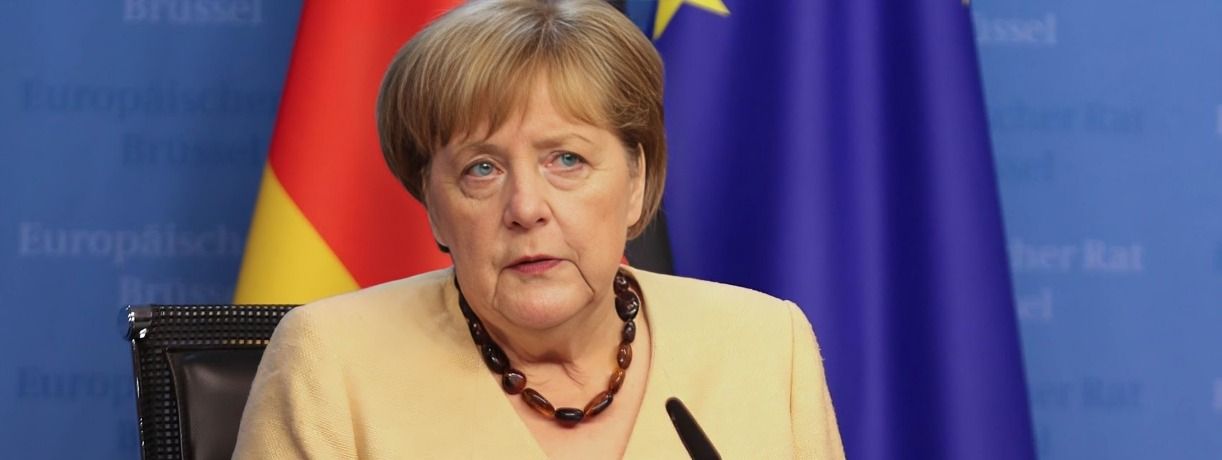
Unlike many other world leaders, Merkel’s steady, pragmatic approach allowed her to maintain widespread popularity in a time when populism was on the rise, emphasizing long-term stability over short-term gains.
Merkel’s negotiation skills were unrivaled. Known for her methodical approach, she played a crucial role in resolving contentious European debates and often breaking deals that seemed impossible to achieve without her influence.11
Having grown up in East Germany, Merkel played an essential role in reunifying the country after the fall of the Berlin Wall. She was integral in bridging the divide between East and West.12
Merkel was a passionate advocate for healthcare reform. Throughout her tenure, she prioritized universal healthcare and made decisions based on health-focused policies, most notably during the COVID-19 pandemic response.13
Merkel wasn’t afraid to take unpopular stances when necessary. She was often criticized for advocating austerity during the European debt crisis but stood firm in her belief that fiscal discipline was crucial for Europe’s future.14
Merkel became an unlikely mentor to many younger European leaders, offering guidance, advice, and wisdom through years of global political experience, which solidified her legacy as a seasoned stateswoman.15
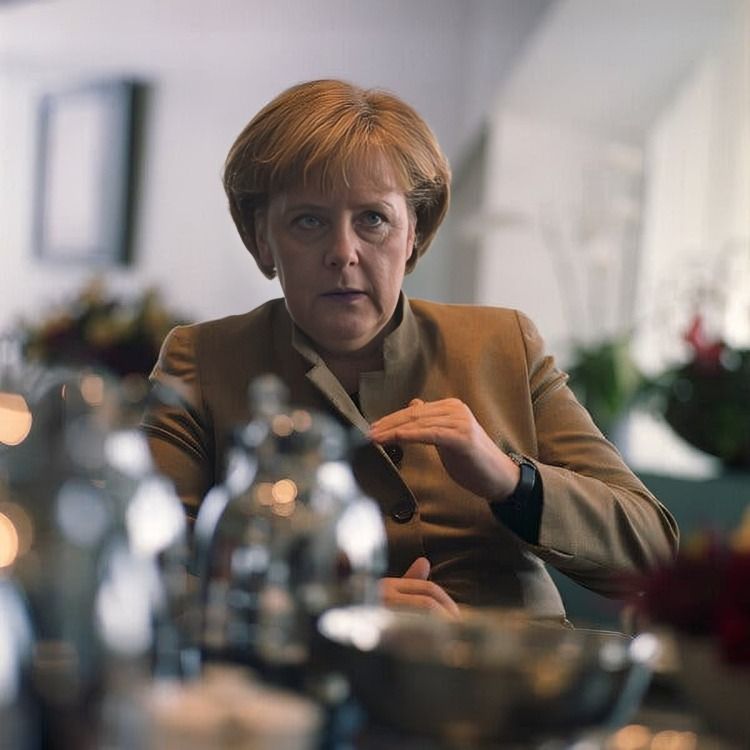
She was repeatedly named "Time’s Most Powerful Woman" due to her remarkable influence in global politics, particularly in shaping European Union decisions and making Germany a key player in international affairs.
Merkel’s personal life was notably private. She married Joachim Sauer, a fellow scientist, in 1998 in a small private ceremony, and he remained largely out of the public eye during her tenure.16
Becoming Germany’s first female Chancellor in 2005, Merkel broke political barriers, proving herself as a trailblazer in a male-dominated field, leaving an enduring legacy as a pioneering figure in German politics.17

